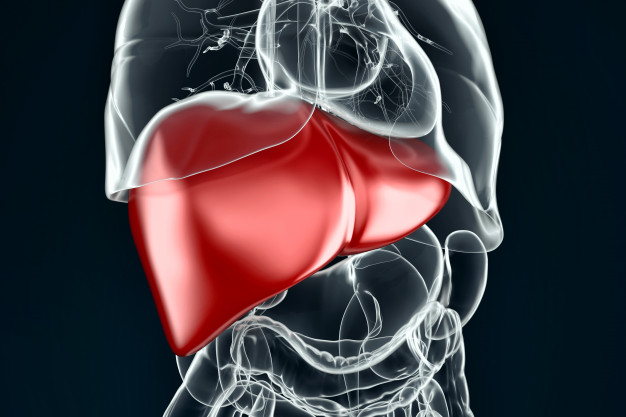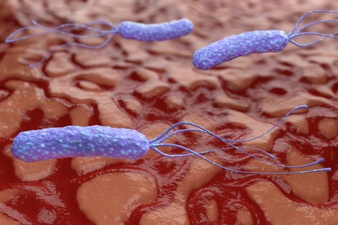Bhringaraj is an ayurvedic plant that has been in use for ages due to its immense health benefits. Bhringraj is also known as Eclipta alba or Eclipta prostrata and comes in four different species.
The plant can be found bearing beautiful and colorful flowers. The plants bearing yellow and white flowers are used extensively to make ayurvedic medicines and supplements. The products formed using this herbal plant contain various bioactive compounds like ursolic acid, luteolin, etc. which are extremely beneficial for our health and beauty.
Most of us know bhringraj as a herb that is only good for your hair, but apart from being a beauty enhancer, this plant can also help the body in numerous ways. You can use bhringraj supplements to make your skin beautiful, avoid respiratory problems and more.
There are a lot of fitness myths and many believe that supplements aren’t good for your health when used for a long time. However, if you choose the right product that is clinically proven and have them in the right dosage, then these supplements can do wonders for your body.
Here are some of the benefits of using bhringraj that you should never miss out on:
1. It is excellent for your hair:
It is a known fact that bhringraj is amazing for your hair as this hair-vitalizing herb can deal with hair loss and prevent greying of hair. It is also known to speed up the process of hair growth.
2. It is amazing for your skin:
The usage of bhringraj powder can help to fight fungal infections that can otherwise affect your skin very badly. Bhrigraj leaves and powders can help to deal with skin problems like eczema and skin boils.
3. It is great for your liver:
Dimethyl-wedelolactone and wedelolactone compounds present in bhringraj supplements can perform like antitoxin agents that can help in the process of liver cell regeneration. Regular usage of this herb can protect your liver from harmful chemicals that are responsible for damaging it.
4. It can deal with dysentery:
Dysentery can cause stomach cramps, diarrhea, vomiting, nausea, and high fever. Usage of bhringraj supplements can help to fight the bacteria which is responsible for causing dysentery. One can also have the juice of bhringraj leaves with honey to ease dysentery symptoms.
5. It can help to relieve pain:
Yes, you read that right! Having fresh extracts of bhringraj leaves or supplements can be used to relieve pain, reduce swelling and inflammation.
6. It can help to deal with gastric ulcers:
Stomach ulcers can lead to nausea, burning sensation in the heart, and pain. Bhringraj supplements can help to deal with stomach ulcers which are usually caused because of regular consumption of aspirins and anti-inflammatory drugs. The extract of bhringraj can help to reduce gastric ulcers induced that are caused due to aspirins and alcohol.
Conclusion:
Bhringraj is a blessing that mother nature gave us to nurture ourselves.
However, while using supplements make sure you do not overdose with any herb. Talk to an ayurvedic practitioner before using the edible form of any herbal supplement. You must know the right dosage amount that your body needs and have supplements according to your body’s requirements to avoid any problem.

























